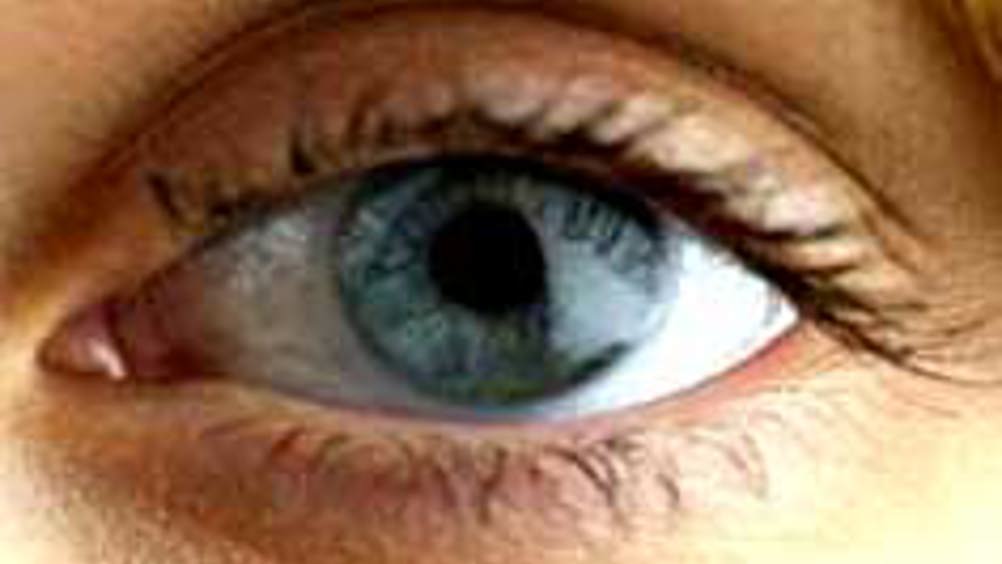Eye test aids disease diagnosis
A simple and inexpensive eye test could aid the detection and diagnosis of major neurological diseases such as Alzheimer’s at an earlier stage than is currently possible, according to new research by UCL scientists.

The researchers, led by profs Francesca Cordeiro and Stephen Moss, have demonstrated a new technique that enables retinal, and therefore brain cell death, to be directly measured in real time.
The method, demonstrated in an animal model, could not only refine diagnosis of neurodegenerative disorders and help track disease progress, it could also aid the assessment and development of new treatments.
The technique uses fluorescent markers that attach themselves to the relevant cells and indicate the stage of cell death. The retina is then observed using a customised laser ophthalmoscope. Until now, this kind of technique has only been used in cells in the laboratory, rather than in live animals. The researchers say that this is the first ever in vivo demonstration of retinal nerve cell death in Alzheimer’s disease.
Cordeiro, from the UCL Institute of Ophthalmology, said: ‘The death of nerve cells is the key event in all neurodegenerative disorders — but until now it has not been possible to study cell death in real time. This technique means we should be able to directly observe retinal nerve cell death in patients, which has a number of advantages in terms of effective diagnosis. This could be critically important since identification of the early stages could lead to successful reversal of the disease progression with treatment.’
Register now to continue reading
Thanks for visiting The Engineer. You’ve now reached your monthly limit of news stories. Register for free to unlock unlimited access to all of our news coverage, as well as premium content including opinion, in-depth features and special reports.
Benefits of registering
-
In-depth insights and coverage of key emerging trends
-
Unrestricted access to special reports throughout the year
-
Daily technology news delivered straight to your inbox










National Gas receives funding to develop Gravitricity underground hydrogen storage system
One single rock salt mine - Winsford - has 23 <i>MILLION </i>cubic metres of void and even allowing for 10% of that void set aside for hazardous waste...